Understanding Holiday Camps: What They Are and Why They Matter
Holiday camps offer children and teenagers a unique opportunity to experience a variety of activities away from home, all while supervised by trained staff. These camps can range from day camps that operate within a single day to residential camps where attendees stay overnight for weeks at a time. Each camp is designed to be engaging and educational, providing young participants with an array of physical, creative, and social activities. For parents looking for a place where their children can enjoy their holiday break productively, holiday camps can often be the perfect solution.
Definition and History of Holiday Camps
The concept of holiday camps originated in the early 20th century in the United Kingdom, designed as a means of providing working-class families access to recreational activities. These camps aimed to create an accessible holiday experience where families could escape the stresses of urban life. Over the decades, holiday camps have transformed significantly, evolving from simple accommodations into vibrant environments that nurture personal development, social interaction, and creative exploration for children.
Types of Holiday Camps Available
Holiday camps come in various types, catering to different interests and age groups:
- Sports Camps: These focus on physical activities like soccer, basketball, swimming, and tennis, emphasizing teamwork and fair play.
- Arts Camps: Centers on creative expression through visual arts, music, theater, and dance, helping to foster talent and imagination.
- Academic Camps: These are geared towards enhancing learning in subjects like science, technology, engineering, and mathematics (STEM) through interactive workshops and hands-on projects.
- Adventure Camps: Involving outdoor activities such as hiking, rock climbing, and zip-lining, these camps focus on developing survival skills and a love for nature.
- Traditional Camps: Often offering a mix of activities, including sports, arts, and crafts, designed to provide a well-rounded experience.
Key Benefits of Attending Holiday Camps
Enrolling a child in a holiday camp comes with numerous advantages:
- Social Skills Development: Camps provide children with an opportunity to interact with peers away from their usual environments, helping them build friendships and learn important social skills.
- Boosting Self-Confidence: Accomplishing new skills and participating in team activities fosters a sense of achievement and boosts self-esteem.
- Physical Activity: Many holiday camps encourage outdoor play and physical activities, beneficial for health and fitness.
- Learning Opportunities: Camps often incorporate educational components, allowing children to learn in a fun and engaging way.
- Creativity and Imagination: Creative camps stimulate growth in artistic expression and problem-solving skills.
Popular Activities at Holiday Camps
Sports and Recreation at Holiday Camps
Sports and recreation are core components of many holiday camps. These activities not only keep children physically active, but they also teach valuable life skills such as teamwork, resilience, and discipline. Camps often feature organized leagues or tournaments that provide a structured way for kids to compete and bond over shared interests in sports.
Arts and Crafts: Fostering Creativity in Kids
Arts and crafts activities at holiday camps are essential for fostering creativity. These activities can range from painting and sculpture to photography and digital design. Children learn to express themselves artistically and gain a sense of achievement from creating unique pieces. Crafting sessions often also teach practical skills, such as patience and fine motor coordination.
Educational Workshops and Learning Opportunities
Many holiday camps offer educational workshops focusing on science, technology, and the arts. These provide participants with hands-on learning experiences that can spark interest in various subjects. For instance, STEM-focused camps might include robotics and coding challenges, while language camps can enhance linguistic skills through immersive activities.
How to Choose the Right Holiday Camp for Your Child
Factors to Consider: Age, Location, and Interests
Selecting the right holiday camp involves considering various factors, including the child’s age, interests, and the location of the camp. Parents should look for camps that offer age-appropriate activities to ensure their children feel comfortable and engaged. Additionally, considering logistical aspects such as distance and transportation options is vital for a stress-free experience.
Evaluating Camp Programs and Staff Qualifications
The quality of programs and the expertise of staff are critical indicators of a good holiday camp. Parents should inquire about staff-to-camper ratios, staff qualifications, and their training in age-appropriate activities and safety practices. A camp with well-trained staff will not only provide a safer environment for children but also a more enriching experience.
Parent Reviews and Recommendations
Reading reviews and seeking recommendations from other parents can be extremely beneficial when selecting a holiday camp. Feedback from past attendees can offer insights into the camp’s environment, activities, and overall quality, helping parents make informed choices.
Safety Practices at Holiday Camps
Health and Safety Guidelines to Look For
Safety should always be a primary concern when selecting a holiday camp. Parents should look for camps that adhere to established health and safety guidelines, such as first aid certifications, emergency protocols, and child protection policies. Familiarizing oneself with these practices can provide peace of mind while children enjoy their camp experience.
Emergency Procedures and Staff Training
Understanding the emergency procedures in place is crucial. Camps should have a clear plan for handling emergencies, such as illness, injury, or severe weather. Knowing that staff are trained in emergency response and have access to first aid kits and communication devices is reassuring for parents.
Communicating with Staff and Staying Informed
Open communication between parents and camp staff is essential. Parents should feel comfortable discussing any concerns and should receive regular updates on their child’s activities and well-being during the camp. Camps that prioritize transparency often cultivate a sense of trust and community among parents and staff.
The Future of Holiday Camps: Trends and Innovations
Incorporating Technology in Holiday Camp Programs
In an increasingly digital world, holiday camps are beginning to incorporate technology into their programs. This includes using apps for communication, interactive learning tools for educational workshops, and digital platforms for creative expression. Camps that embrace technology not only engage children effectively but also prepare them for future digital experiences.
Eco-Friendly Practices in Holiday Camps
As the global awareness of environmental issues increases, many holiday camps are adopting eco-friendly practices. This can include utilizing sustainable materials in construction, implementing recycling programs, and offering nature education to children. Educating young people about environmental stewardship is becoming a critical component of holiday camps.
Community Engagement and Inclusivity in Camps
Holiday camps are increasingly focusing on community engagement and inclusivity. Many are actively seeking to provide access for children from diverse backgrounds, offering scholarships or financial assistance to ensure everyone can participate. Additionally, camps are prioritizing programs that promote integration and understanding among children from different cultures and experiences, laying the groundwork for more inclusive communities.




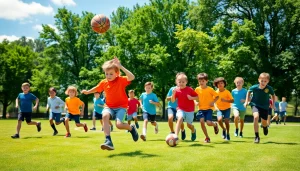




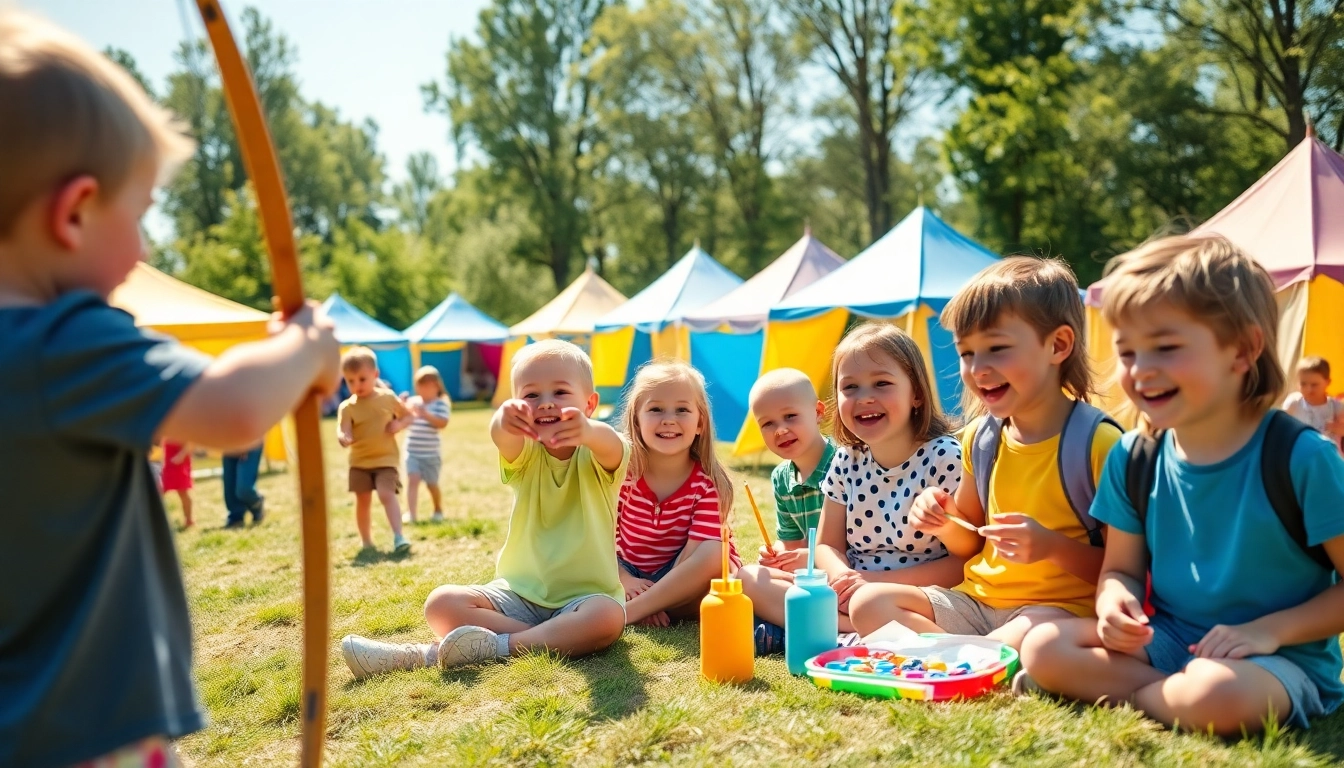
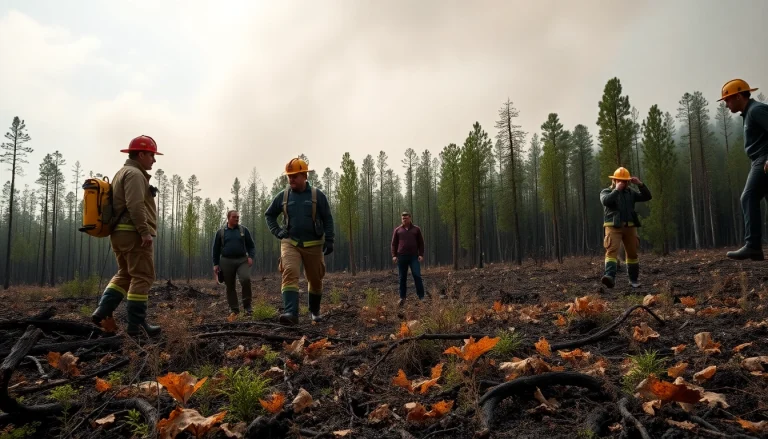



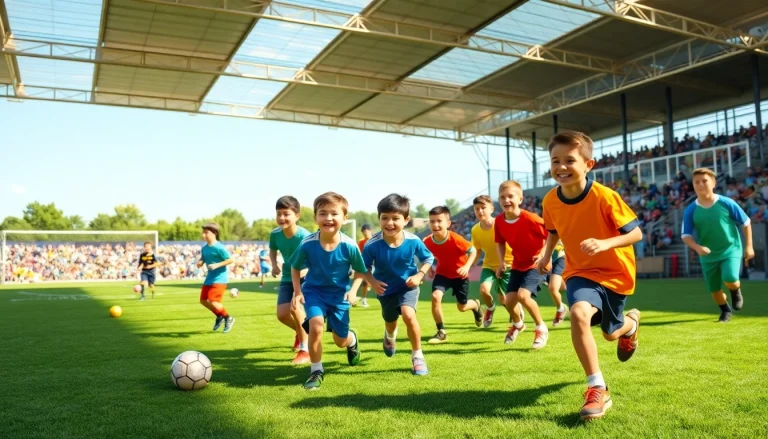



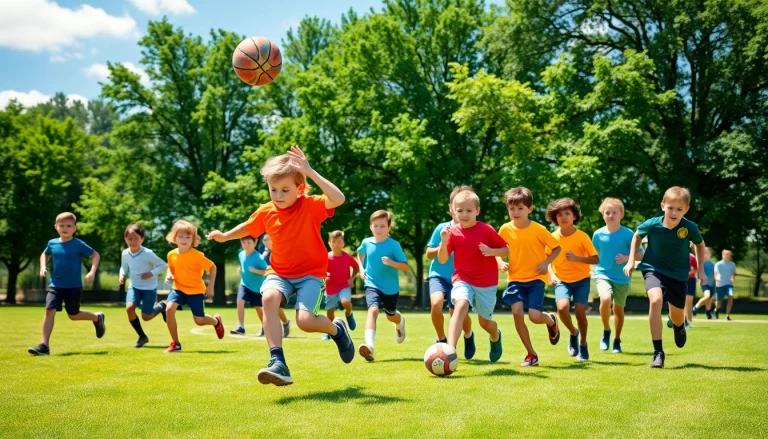



+ There are no comments
Add yours